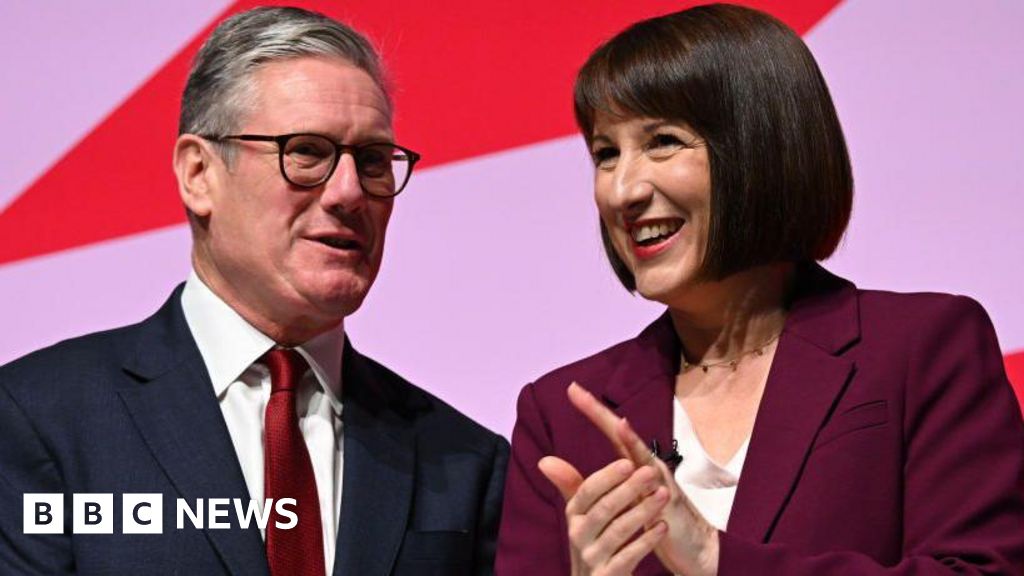The Treasury is reconsidering parts of Labour’s manifesto plan to toughen up the abolition of non-domicile tax status.
This is on account of concerns over how much money will be raised, should wealthy foreigners simply leave the UK.
“Non-dom” describes a UK resident whose permanent home – or domicile – for tax purposes is outside the UK.
A Treasury spokesperson said: “These reports are speculation, not government policy. The independent Office for Budget Responsibility (OBR) will certify the costings of all measures announced at the Budget in the usual way.”
While no specific policy has been put to the OBR as part of the Budget process, Treasury officials acknowledge that scrapping two concessions made by the previous government might not raise the £1bn they thought it would, or indeed any money at all.
The £1bn is earmarked in the Labour manifesto for extra hospital and dental appointments and school breakfast clubs.
The issue is that the concessions made when former chancellor Jeremy Hunt unexpectedly scrapped the non-dom scheme, were designed to reduce the incentive for wealthy foreigners with a permanent home abroad to emigrate.
About half the money raised from the wider abolition plan was already forecast to be lost in changes of behaviour.
The revenue raised was assessed by the OBR in March to be highly uncertain.
Small changes to assumptions about emigration, for example, could mean the planned additional tightening of the plan could raise very little.
While no final decisions have been made, some watering down or phasing in of the decision to apply inheritance tax to trusts, and a discount on bringing in foreign income next year, is being considered.
The Treasury is adamant that any further changes to the regime should be shown to raise money, and that non-dom status in general will still be scrapped.
The Treasury spokesperson added: “We are committed to addressing unfairness in the tax system so we can raise the revenue to rebuild our public services.
“That is why we are removing the outdated non-dom tax regime and replacing it with a new internationally competitive residence-based regime focused on attracting the best talent and investment to the UK.”
Non-dom refers to a person’s tax status, and has nothing to do with their nationality, citizenship, or resident status – although it can be affected by these factors.
A non-dom only pays UK tax on the money they earn in the UK. They do not have to pay tax to the UK government on money made elsewhere in the world (unless they pay that money into a UK bank account).
For wealthy individuals, this presents the opportunity for significant – and entirely legal – savings, if they state a lower-tax country as their domicile.
One of the most well-known non-doms is former prime minister Rishi Sunak’s wife, Akshata Murty.
After details of her status emerged, she said she would start paying UK tax on her earnings generated outside the UK.

